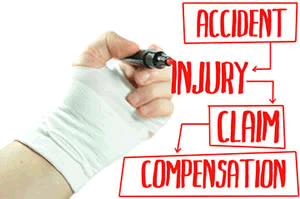Bankruptcy Exemption
What does Bankruptcy Exemption mean?
Filing bankruptcy allows many debtors a fresh financial start. To ensure Chapter 7 bankruptcy filers are able to recover financially after some of their assets are sold and the proceeds are used to repay their creditors, U.S. bankruptcy laws protect certain types of assets up to a specified amount. This protection is referred to as a bankruptcy exemption.
For example, if your state has a motor vehicle exemption for $6,000 and your car is only worth $5,000, the total value of your car is protected and cannot be sold. If, however, the car is worth $30,000, the bankruptcy exemption would not protect the full value of the car, and it could be sold and the proceeds used to repay your creditors.
Although Chapter 13 bankruptcy filers do not have their assets liquidated but are allowed instead to create a 3 or 5 year repayment plan to repay their creditors, bankruptcy exemptions can still be used to determine the amount of money which must be paid to certain creditors.
What bankruptcy exemptions are available?
Although bankruptcy laws are regulated at the federal level, states have created their own bankruptcy exemptions in addition to federal bankruptcy exemptions. Whether or not you have to use your state’s bankruptcy exemptions or whether you can choose to use the federal bankruptcy exemptions varies by state. No state allows filers to “mix and match” or choose the best exemptions from each list.
Federal bankruptcy exemptions are updated every three years and are documented in Title 11 of the United States Code. Current federal bankruptcy exemptions include exemptions for the homestead; personal property (jewelry, health aids, personal injury recovery, lost earnings payments, wrongful death recovery, animals, clothing, crops, furnishings, household goods, musical instruments, and motor vehicles); pensions; public benefits; tools of trade; alimony and child support; insurance; and a wild card exemption.
Individuals considering filing Chapter 7 or Chapter 13 bankruptcy should make sure they understand how bankruptcy exemptions work and how they can best be used to protect their property and assets.
Related Pages
Lawyers near
Term of the Day
Indemnity Benefits
Indemnity benefits are monetary payments made to injured workers for protection against loss or damageCategory: Workers Compensation




